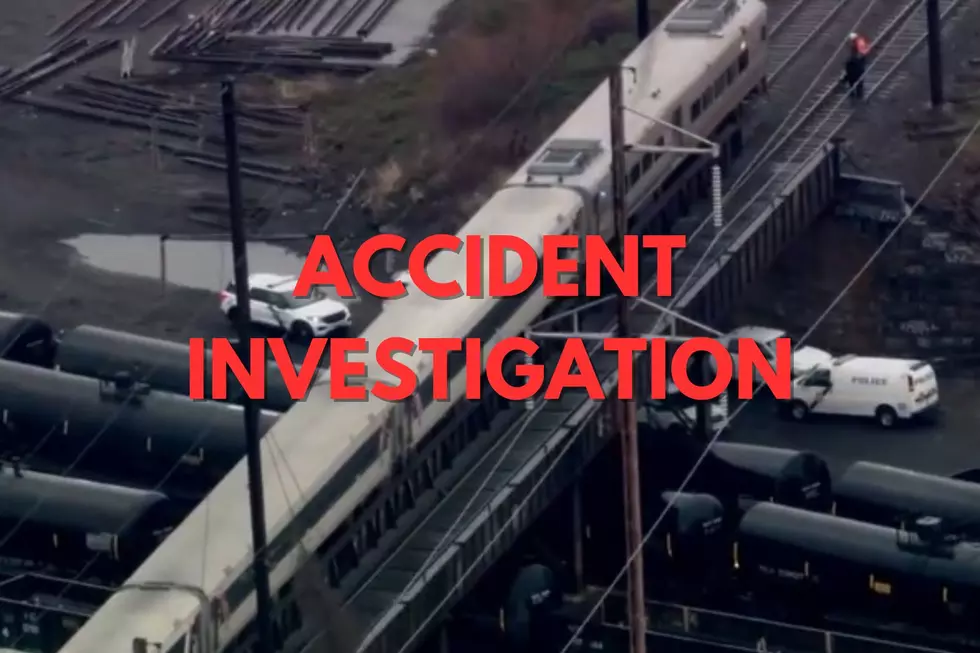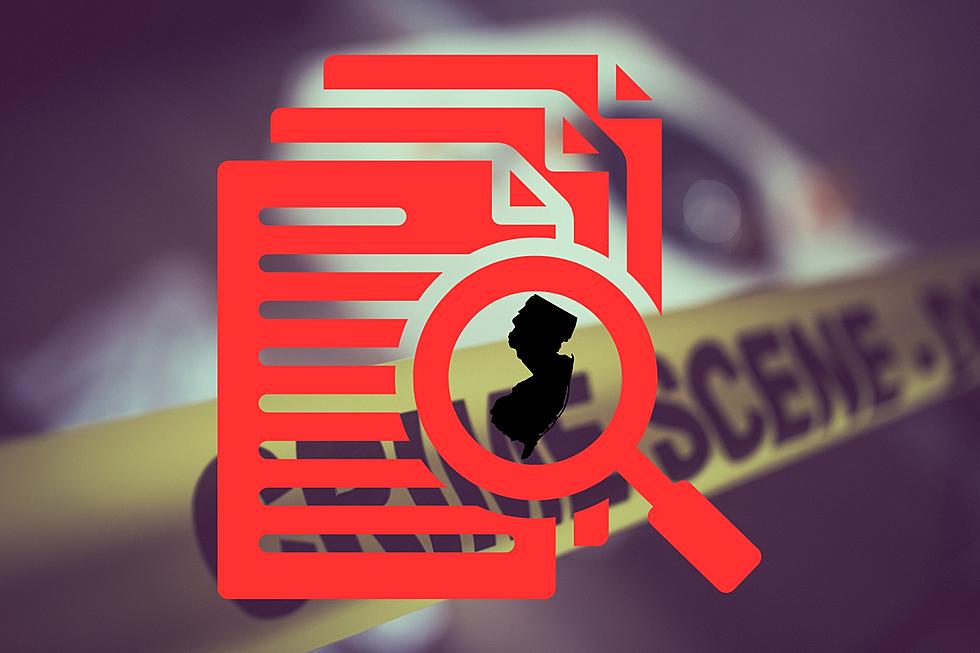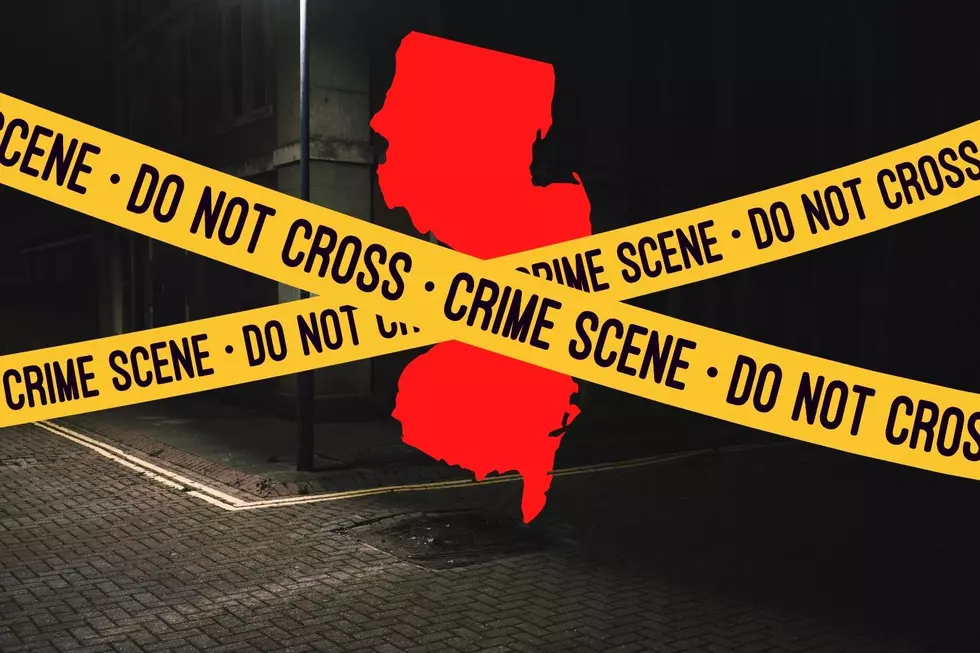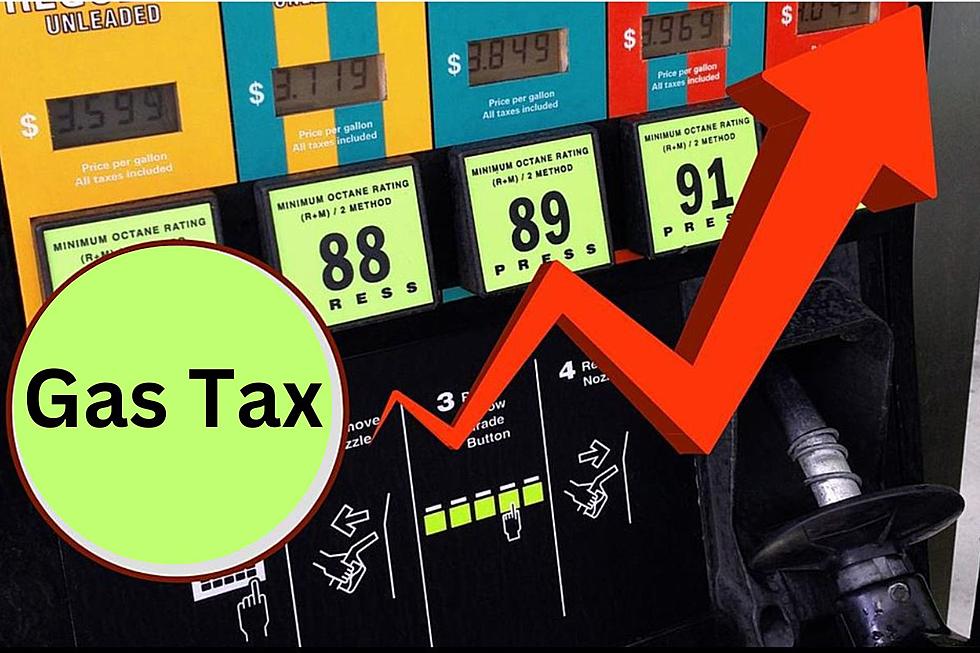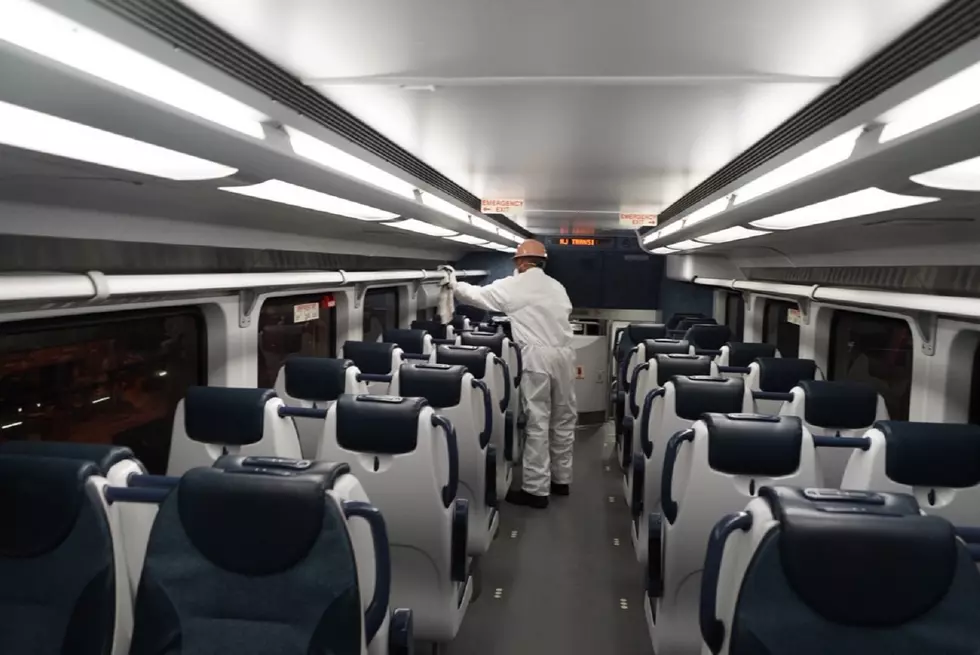
NJ Transit Ridership Drops 88%, Seeks $1.25 Billion Bailout
NJ Transit is seeking a $1.25 billion bailout from the federal government amid an 88% plunge in ridership this week due to the coronavirus pandemic.
In a letter to New Jersey's congressional delegation on Thursday, NJ Transit President and CEO Kevin Corbett said ridership dropped as commuters began started working from home. The railroad made no adjustments to its schedule, explaining that its obligation is to provide transit options to meet the needs of the state’s residents.
"The financial toll to NJ Transit is and, from all indicators, will continue to be extraordinary and beyond anything experienced in our company’s history," Corbett said.
"NJ Transit projects that the full impact of fare revenue losses, along with unavoidable COVID-19 expenses, will total more than $1.25 billion by the end of Fiscal Year 2021."
NJ Transit said it's costing them more for "significantly enhanced cleaning procedures" at its stations and on trains, light rail and buses.
Corbett does not want to cannibalize its current programs for capital projects and repair to pay for the extra costs.
"We are currently looking at efficiencies, however, we cannot overcome the unprecedented financial burden this national emergency has created on our own," Corbett said.
"If and when decisions on any service reductions are made we will duly be communicating to our customers through all the available communication channels," NJ Transit spokesman Jim Smith said. He would not put a timetable on when any adjustments would be made.
The MTA, which runs the subways and Metro North in New York City, has asked for a $4 billion federal bailout.
A 77% drop in ridership because of the coronavirus outbreak has led the PATCO line in South Jersey to adjust its service with trains once an hour overnight and every 15 minutes between 5 a.m. and 9:30 p.m. Service will continue 24/7 at all stations.
SEPTA's Trenton & West Trenton lines are running on an enhanced Saturday schedule, according to the agency, which said has seen an 80% reduction in ridership systemwide.
No positive cases of COVID-19 in New Jersey have been connected to an NJ Transit passenger.
The number of riders requesting refunds for unused monthly passes has increased to five times the normal rate, according to Smith. Most are coming from riders who bought their pass not realizing they would be be working from home to prevent the spread of the coronavirus through social distancing.
Customers submitting monthly passes for refunds will, at the time of the refund request, have the value of two full, one-way fares deducted for each business day, according to NJ Transit's website.

More From WPG Talk Radio 95.5 FM


